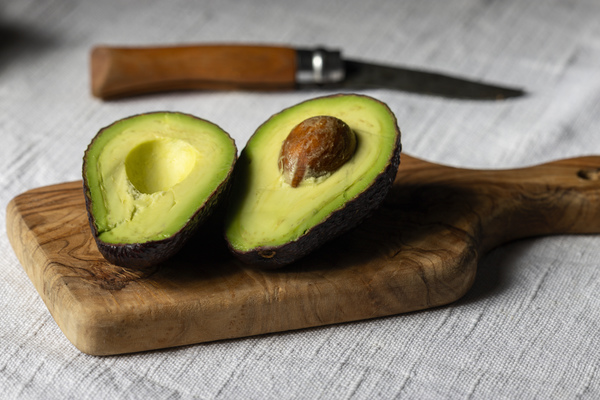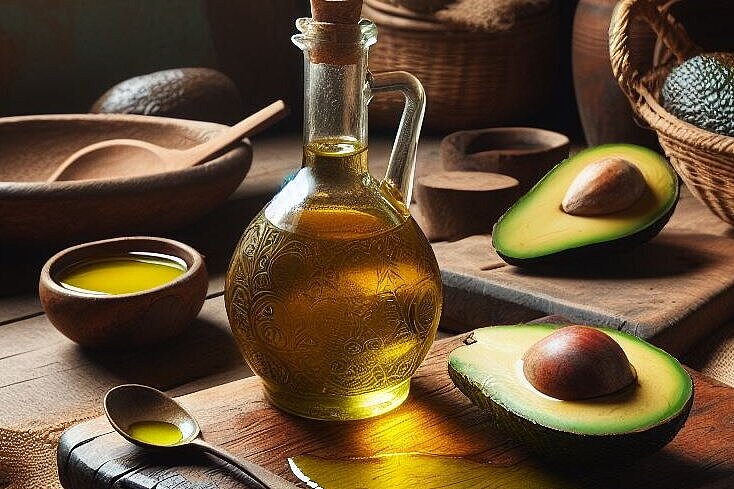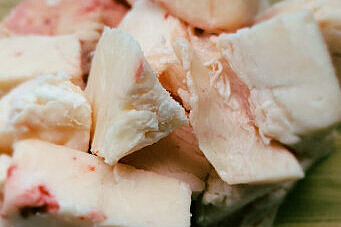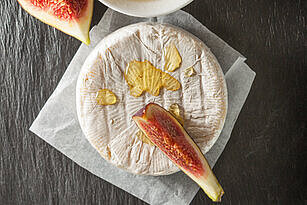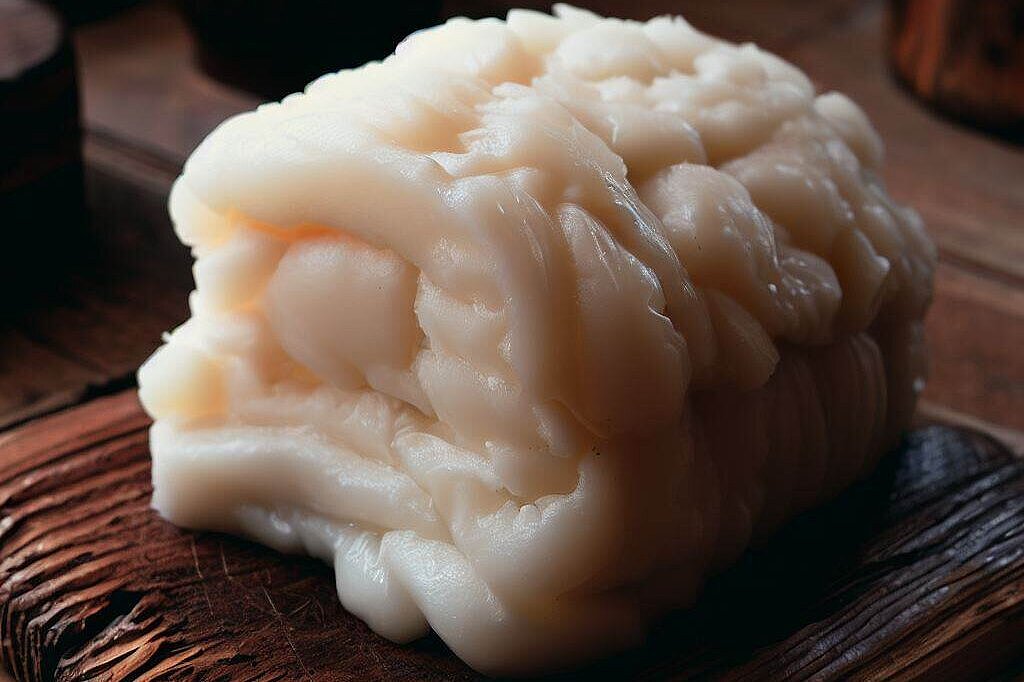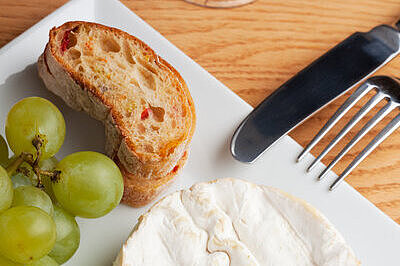Fat
When the ingredients list of dog food mentions "fat", this refers to the fats contained in the food. Fats are an important part of your dog's diet. They provide energy, support the absorption of fat-soluble vitamins and contribute to the health of the skin and coat. The fats in dog food can come from various sources, such as meat, fish, oils or animal by-products.
It is important that you pay attention to the quality and quantity of fat in the food. High-quality fats are rich in essential fatty acids that your dog's body cannot produce itself. However, too much fat can lead to obesity and other health problems, so it is important to adjust the amount of food to your dog's energy requirements. Also pay attention to the composition and specific fat sources in the food to make sure it meets your dog's needs.

